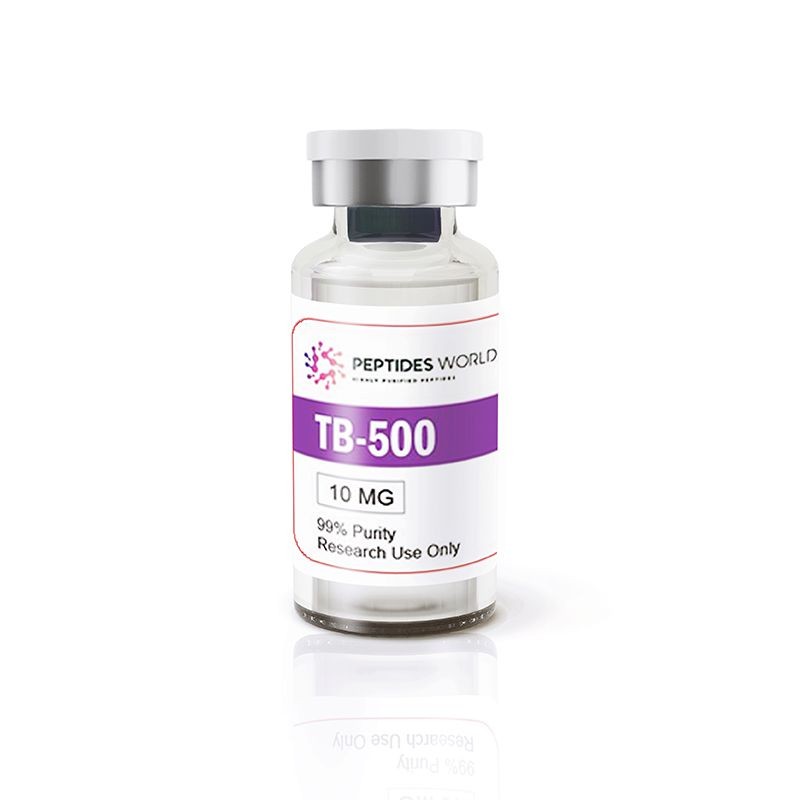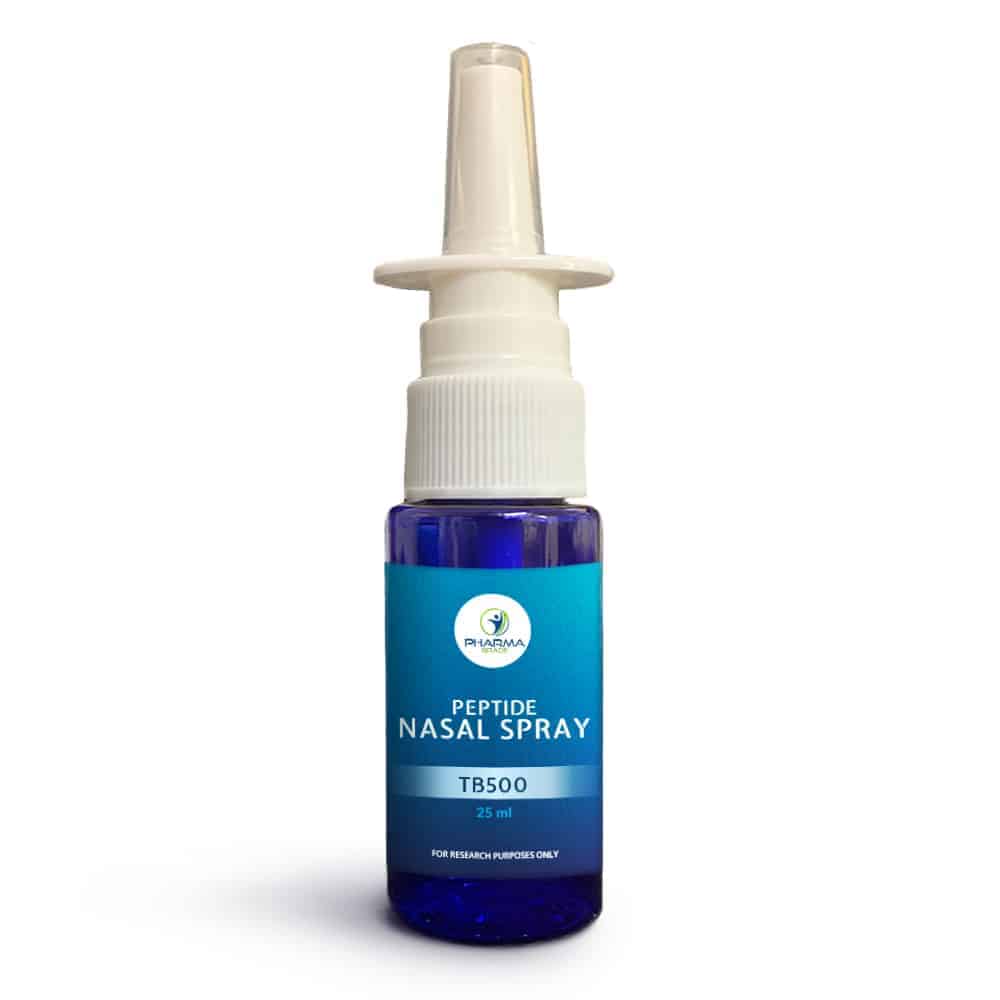
Sony Item Brochure Version 7 Use-ip
Dq August 2nd Issue 2011 By Dataquest

How Harmful Is Lye?
In a strong syndet bar the product is typically consisted of 50%+ strong surfactants like Salt Cocoyl Isethionate (SCI), Sodium Lauryl Sulfoacetate (SLSa), and Sodium Coco Sulfate (SCS). I really do not suggest making use of solid soap instead of strong surfactants in items like these. Essential oils and fragrance oils are very concentrated aromatic substances that are generally utilized at 1% or much less as greater concentrations can create negative skin reactions.
Can I Include A Lathering Surfactant To A Fat-based Cleanser (like A Cleansing Oil Or Cleaning Balm) To Include Lather?

If You Want To Begin A Company
- This hobby makes use of hundreds (if not thousands!) of active ingredients, and no one store stocks every little thing.
- You need Zoom (it's cost-free) to take part, but you do not need an account; each session runs about 45-- 60 mins.
- For that reason, I suggest treading thoroughly, especially if you're a newer manufacturer and do not have a good feel for the restrictions of your preservative.
- Things that do not change with aging are lather or how mild or harsh the soap might get on the skin-- those things are identified by the dish, and as soon as saponification is done, you won't see any kind of considerable adjustments through aging.
- I did have a small store for about two years, however I actually didn't appreciate offering products, so I shut it down.
Is it water-soluble (sugar, salt, Epsom salt, etc), oil-soluble (jojoba grains), or insoluble (clays, apricot/walnut shells, pumice, poppy seeds, coffee grounds, and so on)? Insoluble exfoliants normally do well in any type of kind of solution, but water and oil-soluble ones can liquify if your formulation includes enough of the appropriate solvent. If you are working with jojoba beads you require to make sure not to melt them. Solubilizers emulsify percentages of oil into mainly water based concoctions without thickening them, making them ideal for room sprays, mists, and various other virtually totally water solutions that need a percentage of oil or necessary oils.
Continuing to strongly blend/stir a lotion when it has enlarged up will certainly integrate air right into it, and it'll have the ability to remain there because the lotion has sufficient framework to sustain that air. If you've ever packaged up a lotion in a clear container and discovered great deals of air bubbles appearing up versus the side of the container a day or more later on, that's air bubbles. Or maybe you have actually made a thicker cream, you package it up, and it falls down and drastically reduces in quantity in the list below days-- that's likewise because of air bubbles.
Sorry, yet I have actually published over 800 recipes on this website since mid-2016 and I prefer to create even more recipes than return and do all those conversions. I took several analyses for each remedy, averaged them, and plotted them on a graph. Because substances like salt are naturally happening, not natural substances, there is no such thing as an organic version. Salt isn't raised using pesticides, however it's still inherently inorganic.
The scrub will certainly still scrub, the lip balm will still hydrate your lips, which cream will certainly still hydrate. With the little addition of those terrifying components, the remainder of your formula will be shielded from Additional hints other terrifying things, like fungi and mould. In a 100g set of cream, that equates to 0.2 g, which is barely anything, specifically when spaced out over lots of usages. Antioxidants like rosemary seed essence, grapefruit seed extract, and Vitamin E MT-50 (U.S.A./ Canada) are not chemicals and will certainly not do anything to extend the life span of something which contains water and calls for a wide spectrum preservative. I have completed Formula Botanica's Diploma in Organic Skin Care Solution and Diploma in Organic Hair Care Formulation training courses.That's the kind of timeline we're considering for bacteria setting up shop in your watery concoctions. Rancidity is an issue with oils, yet it takes a very long time to set in. Oils, when kept somewhere awesome and dark, will usually in 2014 (though some are extra rack stable than others). You'll understand oil has actually gone rancid when it begins to smell off, kind of like very old lipstick or a bag of 10-year-old trail mix you found at the back of your kitchen. Some chemicals are not permitted usage on those under 3, or if they are, they are just allowed rinse-off products. I would advise checking out readily readily available products made by large corporations and see what they make use of to maintain their baby items.
Some modifications are more likely to be effective than others; making use of a various fluid oil in some powdered cosmetics, or in the lip gloss recipe most likely will not be tragic. When it pertains to powdered components, though (things like boron nitride, magnesium myristate, and silica microspheres), well-- I added those ingredients to those dishes since they make them better. I started without them, and included the since they boost the final product. You MUST include a broad-spectrum preservative to recipes that include water. Broad-spectrum preservatives are not foolproof, however-- you can't just add them to anything and anticipate it to last for life. Mixtures with great deals of tasty germs food (herbal mixtures, plant removes, and so on) may ultimately ruin regardless of included preservatives, particularly because our kitchens are far from sterilized. WeaknessesSome steels can leech right into mixtures, especially ones with high focus of essential oils (5%+) or extreme pH's; nicking can be unattractive; metal can rust. Finest ForMost mixtures, but especially concoctions with high concentrations of essential oils (5%+) or extreme pH's. Lavender and tea tree vital oil are typically mentioned as being safe for "neat" (directly, unmixed) application-- that's 100% focus. While I wouldn't recommend doing that, people plainly do and there are no reports of loss of arm or leg or life from doing so (though sensitization [developing a negative reaction to something from direct exposure] can and does happen). It is important to bear in mind that component safety is not a simple "safe" or "not secure" thing. Think about water-- risk-free to consume, however you wouldn't want it in your lungs!